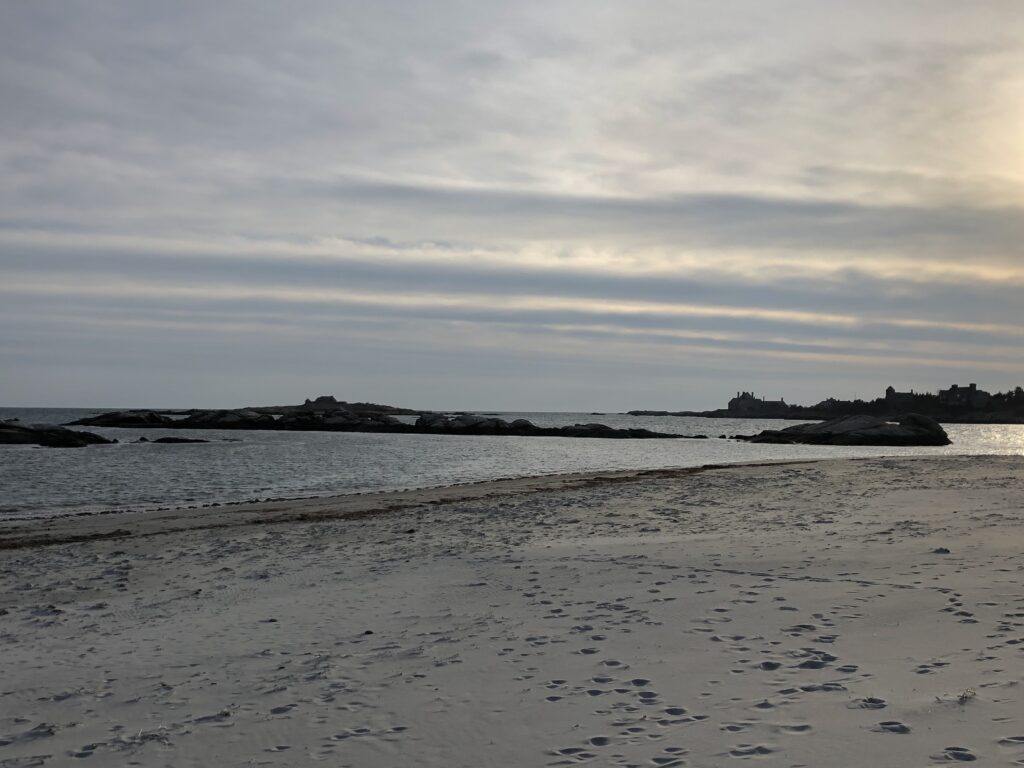
The Jewish way of telling things is famously contentious and fractured; stories get started, then start again differently (doesn’t an Origin story imply a single origin? Think again!) The surface is not linear, stories grab you, then leave a key part untold. Interpretations move about restlessly from different points of view. When trying to piece together a whole, holes emerge which, if you’re into words (who isn’t?) becomes very exciting.
I was reaching into imagination and thinking of Haggadot, the story’s interpretation, not yet heard, not yet seen. For instance, where is the hand-written Haggadah Kafka brought to his family Seder table, wanting to offer a fresh take on this meta-narrative, with no beginning and no end? Where is these yellowing paper with folds, imprinted with the wings of an insect? Where is this anguished take on God’s gift, the wordless cry, the emptiness in a journey where God hovers as an absentee landlord? Folded into the pages of his own stories, obviously.
I’m ready for Haggadah of phenomenology, where everything has a voice — every person, every thing. Already decentered, in this story we give equal voice to the midwives Puah and Shifra, we flesh out the anonymous people, Pharaoh, the Egyptians. We voice the animals — “Let all that have breath praise Yah” — fish, mules, snakes. All things — the dry land, waves, the sea, the tambourines. This is where wise ancient texts, already rich with choral vocals, meet the new. It’s part of the command to see the radical in the traditional, for if the original hadn’t been radical to begin with, it wouldn’t have survived.
Back to what we might find at my table, I’ll mention narratives in which we acknowledge personal obstacles that keep us “in narrow places” (Mitzrayim/Egypt). But give the last word to the imperative of justice at the heart of the great ur-tale and its charge that liberation is ongoing. Abraham Joshua Heschel tells it from the 1960s as he could tell it today, the same with difference: “At the first conference on race and religion, the main participants were Pharaoh and Moses…the outcome of that summit meeting has not come to an end. Pharaoh is not ready to capitulate. Exodus began but is far from complete.”

Splendid story telling. This one deepens our awareness of the transcendence expressed in the word “last.” How so, last? Wonder if wonders! Thank you, Jill!
Thank you, Tom!